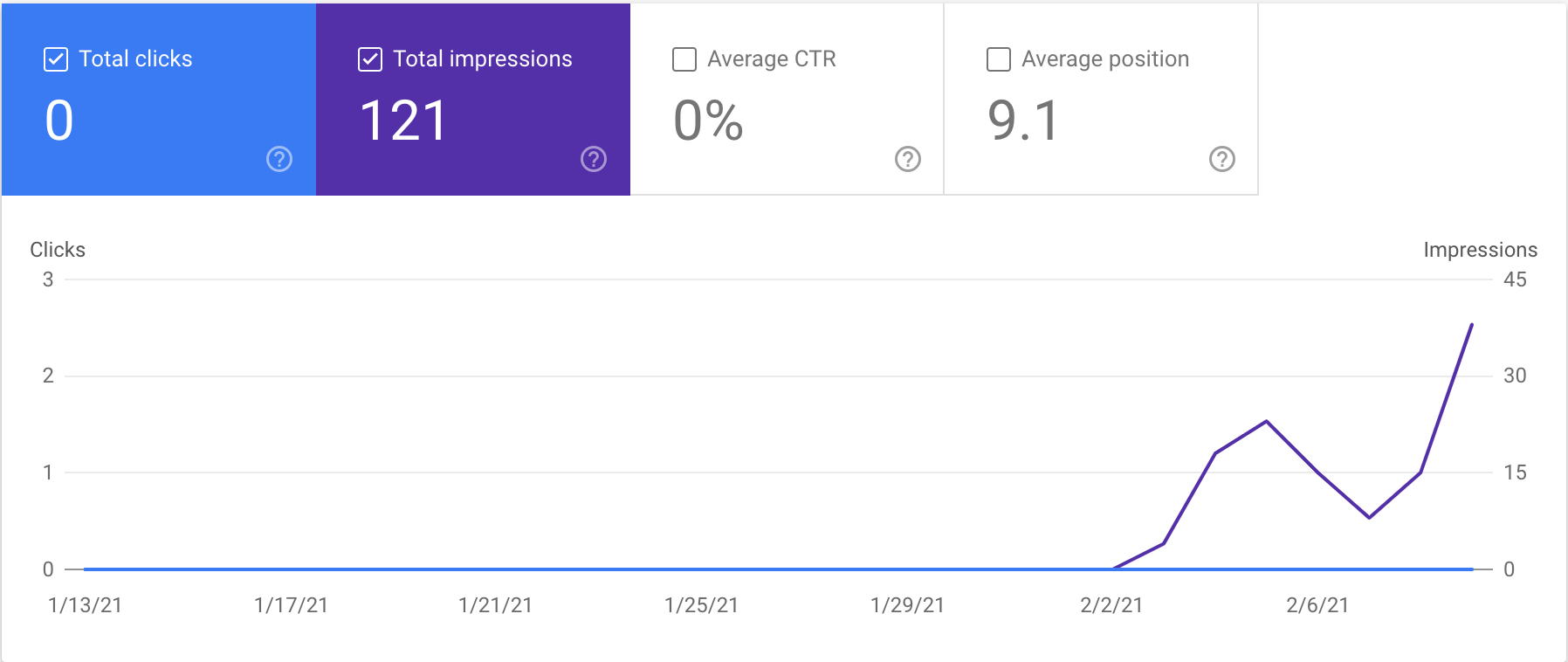The way to Monitor Passage Rating search engine optimization Efficiency in Google Search Console (And Why You Would Need It)
TO UPDATE
You really aren’t an SEO blogger until @rustybrick mentioned https://t.co/Us4eajHBx9 bullshit in one of your posts
– Andrew Shotland (@localseoguide) February 11, 2021
I may have jumped the gun on the “passage ranking” thing, but while this may be old news, these urls have been showing up on many GSC accounts over the past week, so I wouldn’t be surprised if they are related to the passage ranking . And I think the idea of using the slugs for content research is a good one – Ed
*********
Google just announced that “Passage Ranking” is now live in the SERPs:
Update: Passage ranking started yesterday afternoon Pacific Time for inquiries in the US in English. It will come in English for more countries in the near future, followed by other countries and languages. We will update this thread as soon as these additional launches take place.
– Google SearchLiaison (@searchliaison) February 11, 2021
I think it actually started about a week ago when I noticed strange looking urls appearing in the search performance report in Google Search Console like this:
It’s possible that these aren’t actual “passage ranking” urls and are just some other floating debris that Google launched. I’ve seen them pop up on multiple customer sites over the past week. For the purposes of this post, however, we’ll assume they are ranked URLs. It’s an SEO blog post so let me loose a bit.
If you want to track the performance of your content by passage ranking, all you have to do is filter the GSC Search Performance Report for a page that contains “/ #: ~: text” and you get a nice little graphic like:
Looks like we need to do some work to get some actual clicks from these.
Why should you track passage ranked urls in google for SEO? (Yes, I’m trying to classify this passage)
Based on what I’ve seen so far, the URL slug shown in GSC provides some pretty interesting clues as to what content on Google’s page matches the query. For example, according to GSC https://www.localseoguide.com/#:~:text=Mandatory% 20Impressive% 20Client% 20Logos% 20% 26% 20Case% 20Studies appeared for searching for “local SEO” and “local SEO experts”. This can be a signal that “case studies” are important for searchers when looking for local SEO help.
Hell, even if these aren’t Passage Ranking URLs, this is still a great way to find out what content on your page Google is prioritizing for certain queries.